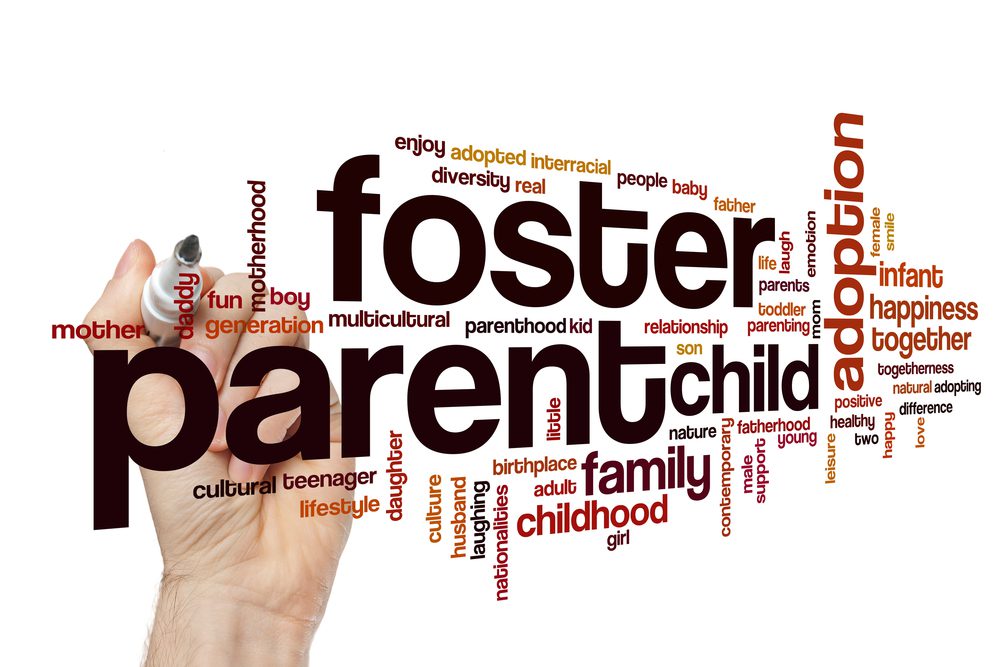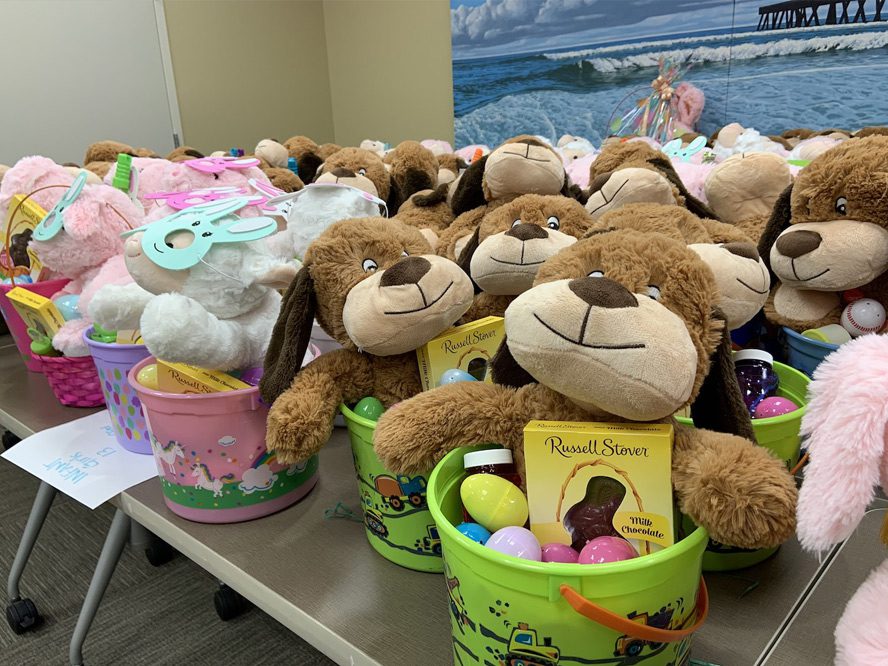Foster Parenting in Clay County, Florida
On average, Clay County, Florida receives 288 reports accepted from the Florida Abuse Hotline for investigation each month, totaling more than 3,450 cases each year. As a result of these investigations, there is an average of 8,000 children removed from their homes due to verified abuse, neglect, or abandonment.
Foster Care is designed to provide a temporary home for these children who couldn’t remain safely in their homes. While a child is in Foster Care, the court retains jurisdiction to ensure that reasonable efforts are made to achieve permanency for the child within the shortest time possible. These decisions are based on what is in the best interest of the child(ren) involved in each case.
Who can be a Foster Parent?
- Must be 21 or older
- Complete background checks
- Financially Stable
- Committed to loving and nurturing a child in your home
- Have appropriate space for at least one child
- Dedicated to working towards reunification
- Can be Single, Married, or Divorced.
Expectations of a Foster Parent
A Foster Parent will provide a safe and comfortable home for the child to live in with a separate bed and place for their belongings. They provide for the child's basic physical and emotional needs as if the child was their biological child. Some responsibilities include, but are not limited to, school attendance, medical appointments, and medications, court hearing input, meetings with other professionals, co-parenting with the biological parents, and transporting the child as needed. Foster families receive a daily board rate to assist with meeting the needs of each child in their care. In most cases, Medicaid covers the children's medical expenses.
Becoming A Licensed Foster Parent
There are a number of steps to complete before you can be licensed as a Foster Parent:
- Contact a recruiter (by phone, or use the form below)
- Submit an application
- Attend orientation
- Complete 21-hr training Course (PRIDE Training Curriculum)
- Pass all background checks
- Receive an approved Home Study inspection
- Receive final approval from the Department of Children and Families
Supporting Foster Parents
Even if you are not a foster parent, there are many things you can do to support them in your community. Here are some great ideas from the Florida Department of Children and Families:
- Free haircuts, dental care, clothing, or transportation.
- Free services based on your business: construction, home furnishings, family dinners at restaurants, mechanic services.
- Scholarships or free lessons for summer camp, sports teams, dance, art, or music.
You can help children and their families by:
- Providing school supplies (books, pencils, book bags, paper)
- Providing jobs for older youth
- Mentoring a child
You or your organization can contribute money or donate goods:
- For scholarships, summer camps, field trips, or music lessons
- For holidays, birthdays, and graduations
- Other items such as car seats, high chairs, toys, luggage or clothes
You can support agencies and the court system by:
- Recruiting foster/adoptive parents in your community
- Hosting social events for foster/adoptive parents (picnics, parties, bowling)
More Ways To Help Children in Clay County, Florida
Florida Guardian ad Litem
The program provides volunteers who are trained as child advocates to provide a voice for the child in court.
The State of Florida Guardian ad Litem Program is a network of professional staff and community advocates, partnering to provide a strong voice in court and positive systemic change on behalf of Florida's abused and neglected children. There are 21 local Guardian ad Litem programs in 20 judicial circuits in Florida.
The Guardian ad Litem Program (GAL) provides children who enter Florida's dependency system with quality advocacy that includes the monitoring of their safety and welfare; pursuing their legal and best interests; and obtaining them a permanent home. Program attorneys, volunteer supervisors, and volunteers facilitate this advocacy acting as a team. The program's advocacy team is critical in being able to effectively represent the children's best interests. When a child is taken into state care and the GAL program is appointed, the advocacy team takes on specific legal and operational responsibilities for the child. The advocacy team meets regularly to review the child's safety and well-being; they assist the child in navigating the dependency system.
Find more information about the Guardian ad Litem Program in Florida.
Training For Relative Caregivers
The Guardian Assistance Program is a part of the foster care/licensing program with the Florida Department of Children and Families. The program allows for relative caregivers to become licensed. You will receive some trauma-informed training and once you are licensed, you will receive a higher monthly stipend.
Sources: Florida Department of Children and Families
Interested in Becoming A Foster Parent? Let Us know!
The Joys of Foster Parenting: A Testimonial
The joys of being a foster parent are sometimes indescribable. It's rewarding knowing that you are providing a safe haven for children until their parents are able to get them back. As a foster parent of 20 plus years, I have fostered over 100 children. During this time, I have come to further understand that family doesn't just mean blood relation; family is anyone who provides love, care, guidance, and support when we are vulnerable. Family is essential to the emotional core of our being. Too many children do not have this because they cannot live safely with their birth parent(s) or family right now so good foster parents are desperately needed!
The biggest joy I have come to realize is working closely with the biological parents and family when possible. This practice greatly cuts down the animosity of the birth parents/family, puts the child more at ease, and increases the chance of reunification.
Are there challenges of fostering? Yes of course - abuse, trauma, abandonment, and neglect can affect a child's behavior, mental health, and ability to attach. However, the support and love of a foster family will assist the child in healing from past trauma and greatly improve outcomes for all which makes the rewards far greater than the challenges!!! Become a foster parent to assist KFF in providing support for every child!
- April W.
Frequently Asked Questions
Is there a cost?
No. However, there will be a cost for the few items required for the home study if you don’t already have them in place. There will also be a small cost to the items you purchase to prepare the child(ren) to be placed in your home.
Are there any pets I’m unable to have as a Foster Parent?
We do not license homes with aggressive breeds in the home. Consult your licensing specialist if you are concerned about your pet.
How long will a foster child be placed in my home?
Foster care services continue until the child achieves permanency either through reunification, relative custody, adoption, or another permanent plan. Once permanency is achieved, after-care services are provided to ensure the child's smooth transition to the placement.
What Is It Like To Be A Foster Parent or Child?
We believe the best way to understand what it is like to be a Foster Parent is to hear from people who have been Foster Parents. Here are a few videos from individuals and families who have become Foster Parents.
https://www.youtube.com/watch?v=YD6cgH-5kKs
https://www.youtube.com/watch?v=Gb8BGKqVVZM
https://www.youtube.com/watch?v=1IrwiGZiEgY&t=20s
https://www.youtube.com/watch?v=fYNig-TJlF



